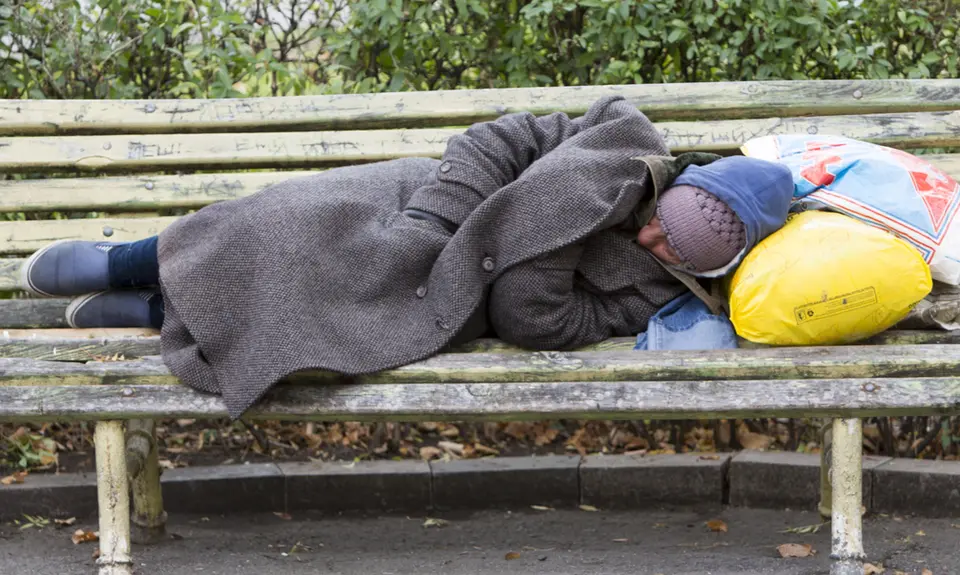Judge Lucy Koh, nominated by President Biden to the Ninth Circuit court of appeals, wrote a 2-1 opinion joined by Biden judge Roopali Desai upholding a preliminary injunction against San Francisco’s punishment of involuntarily homeless people who are “sleeping, lodging or camping on public property.” Trump judge Patrick Bumatay dissented. The January 2024 decision was in Coalition on Homelessness v City and County of San Francisco.
What is this case about?
In 2022, San Francisco’s Coalition Against Homelessness filed a federal lawsuit against the city for their actions against involuntarily homeless people who have lived in space on public property. As declarations and other evidence demonstrated, the government has conducted “sweep operations” across the city “on a daily basis”, evicting people “without notice” and with “no safe harbor at any location in the City.” Evidence also described “individuals having to move multiple times in a day from different locations” and “being told they could not move to various alternative locations.”
Based on previous Ninth Circuit rulings that such government conduct against homeless people in other locations constituted cruel and unusual punishment that violated the Eighth Amendment, the district court entered a preliminary injunction to stop the city’s actions while the litigation went forward. The government immediately appealed the injunction to the Ninth Circuit.
How Did Judges Koh and Desai and the Ninth Circuit Rule and Why is it Important?
Judge Koh’s opinion, joined by Judge Desai, affirmed the preliminary injunction and sent the case back for further proceedings, including to further consider new arguments raised by the government. Judge Koh explained that the appellate court would not consider new claims concerning the geographic and time limitations of the government’s actions without further factual development. Based on the current record, she went on, San Francsico’s ordinances and conduct were “no narrower in scope” than what the Ninth Circuit had previously found improper in other cases.
Trump judge Bumatay dissented, arguing primarily that the previous Ninth Circuit decisions were improper and that the injunction should be vacated. Judge Koh rejected that claim, noting that as a “three-judge panel,” the court was “bound by the law of our circuit”, which could be overruled only by “an en banc court or the Supreme Court.” In fact, as Judge Koh suggested could happen, the Supreme Court has very recently agreed to review the Ninth Circuit’s 2022 decision in an Oregon case on this issue. As advocates for the homeless have noted, the Ninth Circuit decisions are consistent with prior Supreme Court precedent and necessary to stop city actions that “frequently trap unhoused people in cycles of poverty and homelessness.”
No one knows what the Supreme Court will do on this issue or how it will affect the San Francisco case. In the meantime, the decision by Judge Koh and Desai is important to homeless people in San Francisco and to reinforcing the principle that three-judge appellate panels should respect and not seek to overrule precedent. It also serves as an example of the importance of promptly confirming fair-minded Biden nominees like Judges Koh and Desai to our federal courts.
